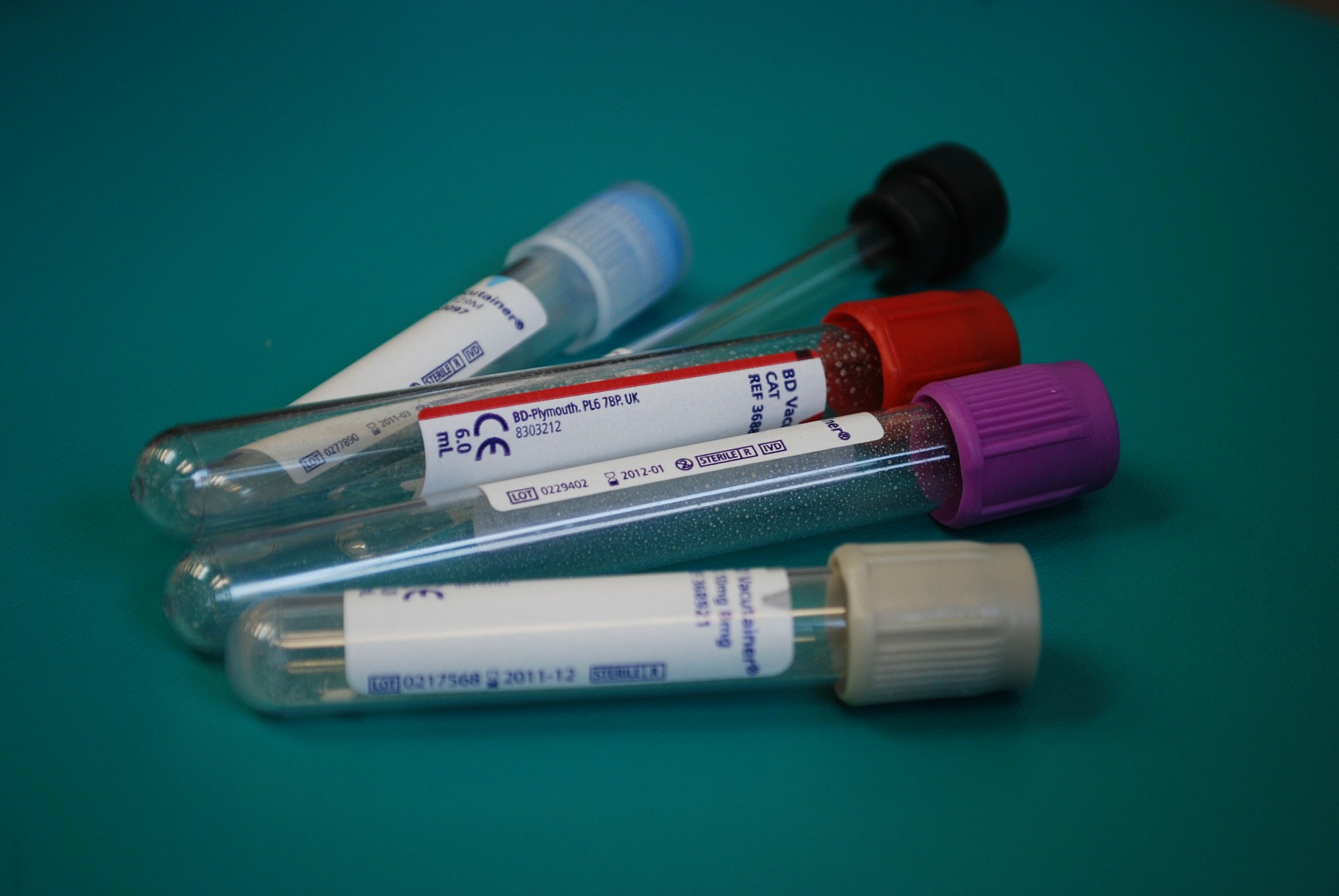Mortality and genetic diversity of antibiotic-resistant bacteria associated with bloodstream infections: a systemic review and genomic analysis
A systematic review of 322 articles involving 90,672 patients found that antibiotic-resistant bacteria (ARB) contribute to the global burden of bloodstream infections (BSIs). The overall mortality rate for all ARB species was 32.0%, with antibiotic-resistant A. baumannii having the highest rate (54.2%). The top three ARB types with the highest mortality rates were CefeR-PA, CREC, and CRAB, all exceeding 50%. The study also identified 613 ARG subtypes from the top six ARB species, with numbers ranging from 48 for E. faecium to 253 for K. pneumoniae. Specific clones of ARB species were strongly associated with BSIs. The study concludes that ARB strains causing BSIs display high genetic diversity, highlighting the need to monitor high-risk clones to control antibiotic resistance development. Different ARG patterns require tailored antibiotic management strategies for each ARB species.
AMR NEWS
Your Biweekly Source for Global AMR Insights!
Stay informed with the essential newsletter that brings together all the latest One Health news on antimicrobial resistance. Delivered straight to your inbox every two weeks, AMR NEWS provides a curated selection of international insights, key publications, and the latest updates in the fight against AMR.
Don’t miss out on staying ahead in the global AMR movement—subscribe now!







